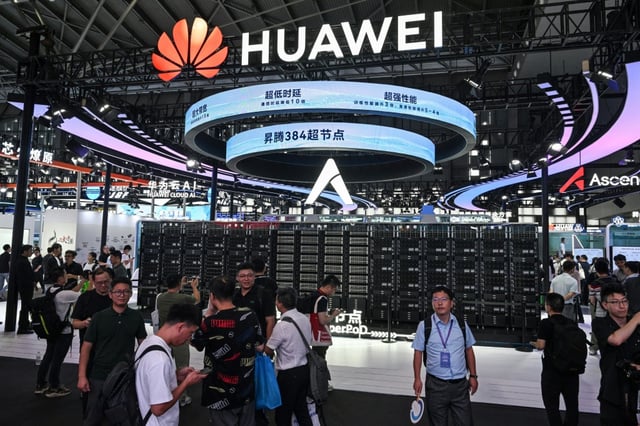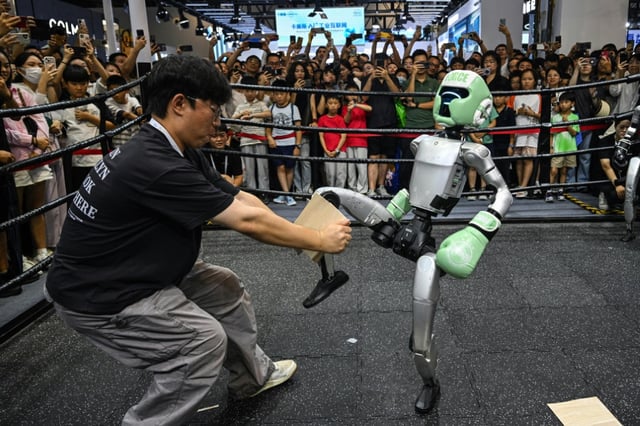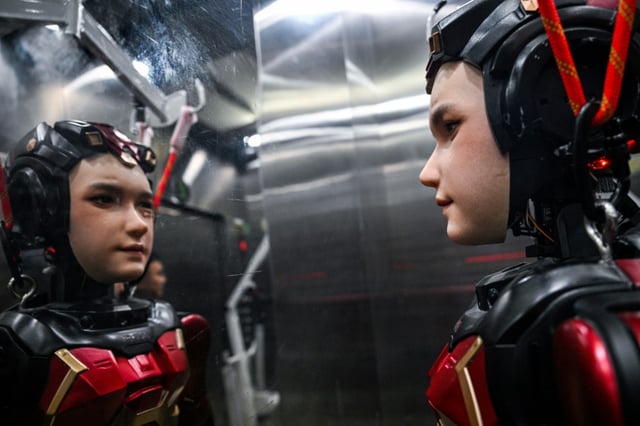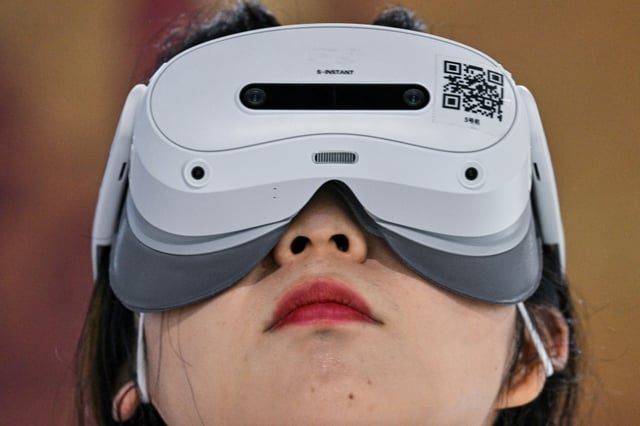Overview
- President Trump’s AI Action Plan directs federal agencies to remove regulations hindering AI deployment and fast-tracks data center and power infrastructure approvals.
- The administration quietly lifted the ban on older Nvidia H20 chips for China after a Financial Times investigation found about $1 billion of advanced B200 chips smuggled into the country.
- Chinese Premier Li Qiang announced plans at the Shanghai World AI Conference to establish a China-led global AI cooperation body to coordinate international research and governance.
- Leading Chinese firms like DeepSeek and Zhipu are releasing open-source, low-cost language models to developers worldwide as part of Beijing’s outreach to the Global South.
- U.S. and Chinese trade envoys will convene in Stockholm this week to negotiate export controls and AI governance, a key test for defining rules in the superpower competition.



